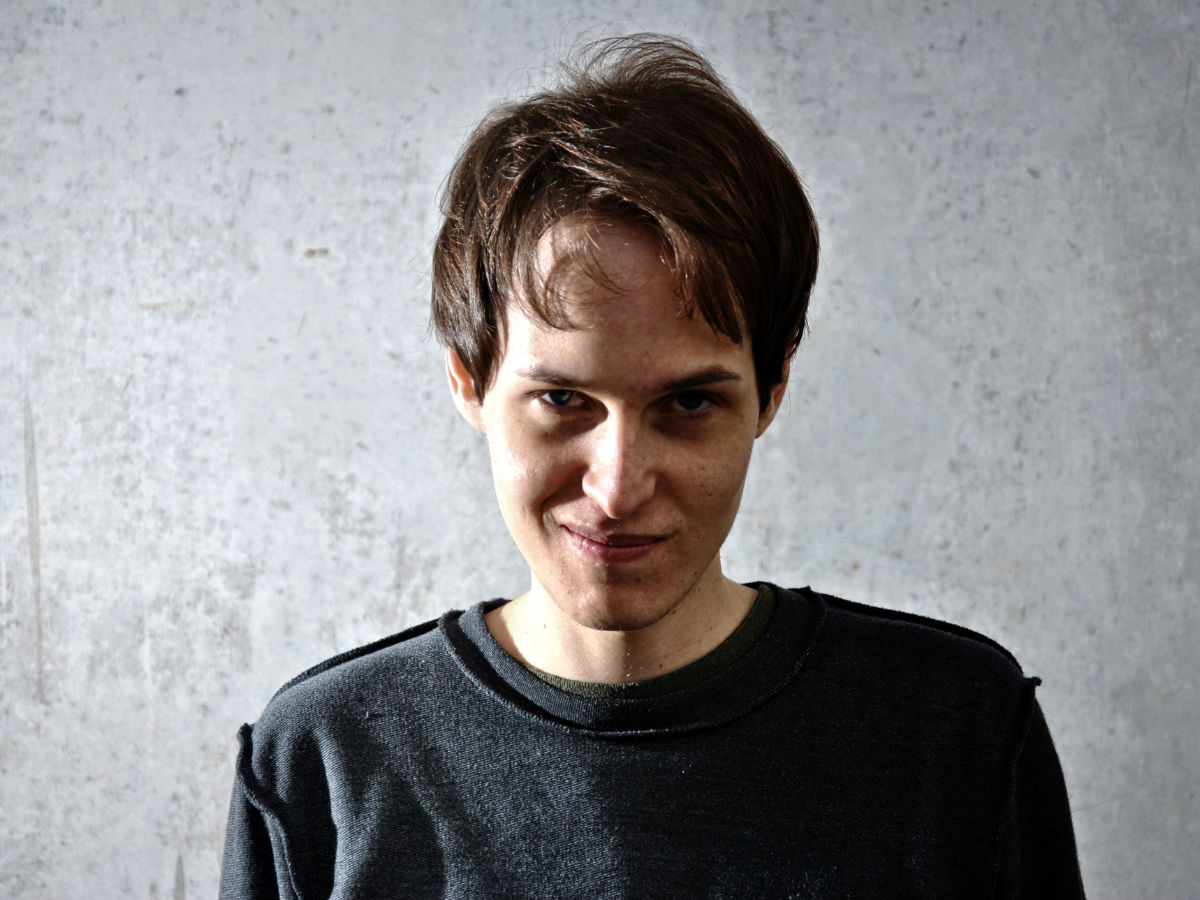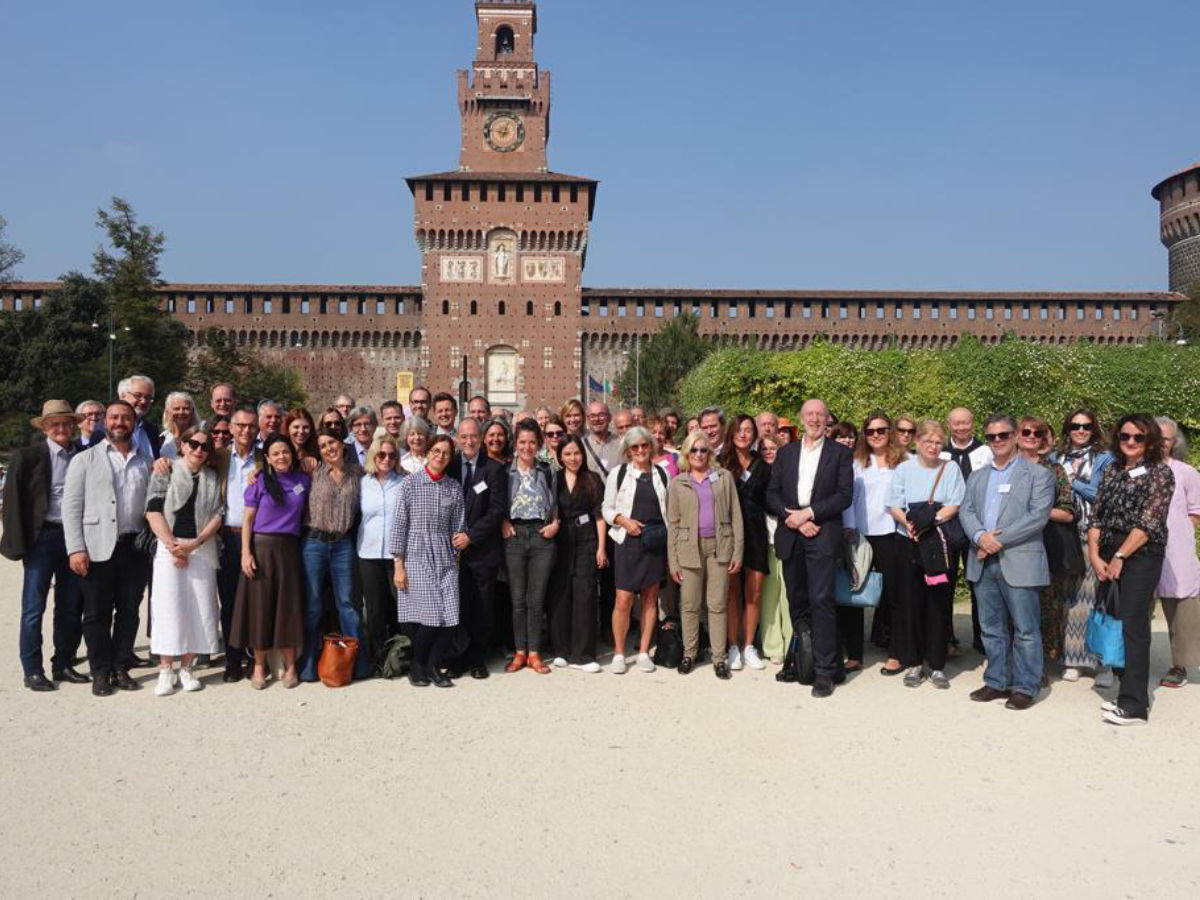The elusiveness of the Vicious Man

Psychopathy, the word itself raises fear and entails a feeling of darkness. In the coming text we will take time to explore the construct of psychopathy and better understand why it has such a profound effect on all of us. Will we find solace in the rarity of the pathology, its detectability, and treatability, or will we be haunted by the lurking presence of evil and its influence in the corruption of bonding in our societies?
Research on the question brought us to the works of Theophrastus (c. 371–287 BCE), a Greek philosopher who studied under Plato and Aristotle. During his life, he published many treatises on different subjects. His series of sketches of individuals from everyday Athenian life, “The Characters of Theophrastus (δεισιδαιμονίας Ισ᾽) ” could be considered one of the first “scientific” description of personality types. In his text, translated from ancient Greek by Charles E. Bennet and William A. Hammond, professors at Cornell University, we came across a description of “The Vicious Man”:
The Vicious Man
Viciousness is love of what is bad. The vicious man is one who associates with men convicted in public suits, and who assumes that, if he makes friends of these fellows, he will gain in knowledge of the world, and so will be more feared. Of upright men, he declares that no one is by nature upright, but that all men are alike, and he even reproaches the man who is honorable.
While Theophrastus does not talk of psychopathy proper, his portrait of “The Vicious Man” includes three characteristics that would be recognized by any of us has basics continuants of a psychopathic personality structure: love of evil, the exploitation of others for power, and a fundamental conviction of human amorality. But do we have enough evidence to say for sure that the vicious man is a psychopath?
The short answer is no. This is why we will give you an overview of the development of the construct and an insight into the roots of contemporary definition of psychopathy.

Ps. Veronica Steiner
Veronica Steiner Segal is a Chilean clinical psychologist who graduated in 1998. Since her beginnings she has been working with patients with Severe Personality Disorders in different health institutions in her country, and since 2018 she is a certified TFP therapist. In 2019 she obtained her accreditation as a teacher and supervisor. Since the same year she is coordinator of Grupo TFP Chile. She is the Executive Officer for the Board and she collaborates with the T&E Committee. She also teaches at the University of Valparaiso, in the Department of Psychiatry, where she also teaches in the Diploma of Severe Personality Disorders.
She collaborates in different courses looking for the diffusion of TFP. Together with Luis Valenciano and Pepa Gonzalez she directs an important training in TFP for Spanish speaking students, Instituto TFP Hispanoamerica.

Mathieu Norton-Poulin, M.Ps.
Mathieu Norton-Poulin is a psychologist in private practice in Gatineau, Québec. He graduated from Laval University in 1995 and started his training in transference focused psychotherapy in 2005. Member of the TFP-Québec group he as been practicing as a certified TFP therapist for the last 11 years. Since 2009 he organized several training events and has given lectures on TFP for medical doctors and college students. He maintains a blog where he write, in plain words, articles to explain TFP to the general public.









































